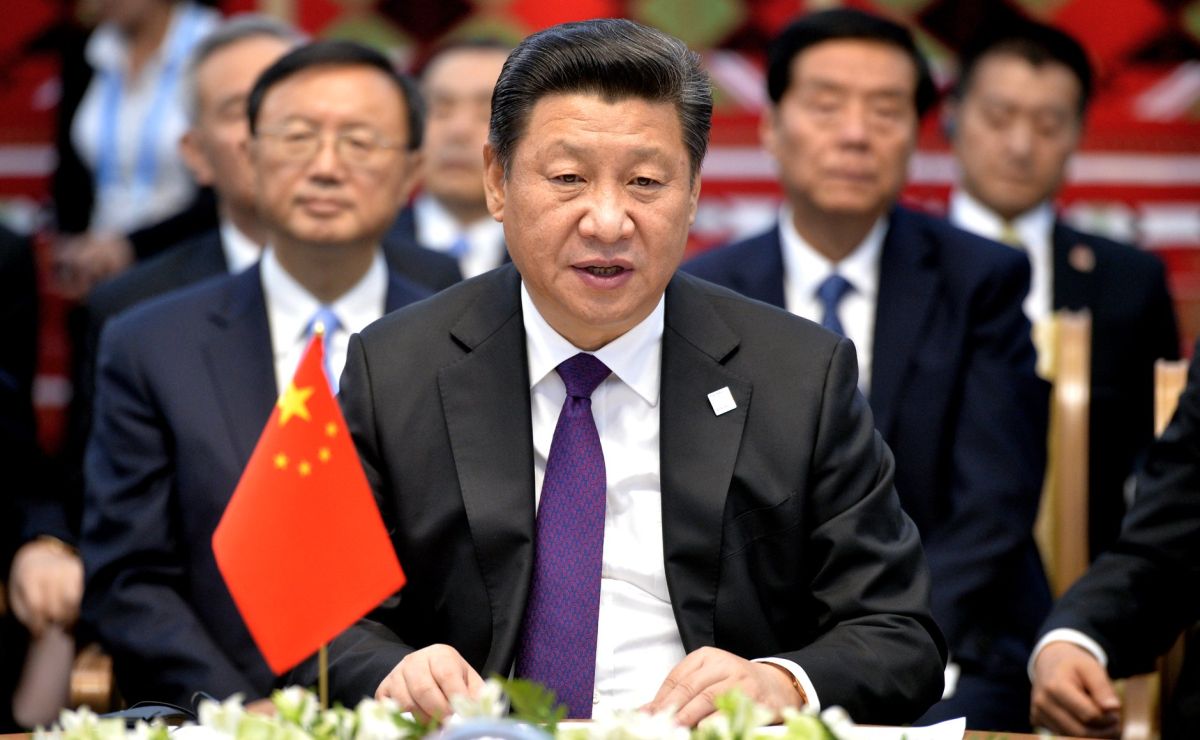China: What relationship do we hold with dictatorship?
By Archie Earle

In recent years, the Chinese government has all but confirmed what we knew of its operating position: they are a dictatorship. This is plain language for a complex issue, which the Chinese government has tried to hide for a number of years now.
The dictatorial nature of China’s government is clear in an alarming range of actions, from the cultural genocide of the Uyghur people to its state-controlled media and civil censorship. Now there is no doubt that China is run by a dictatorship, the question becomes, how do we treat China from here? Please note that I will be referring to the Chinese government when I use the word China.
China is one of the manufacturing titans of the world, which will come as no surprise to those who are reading this on a device that was most likely manufactured in China. Lax labour laws and efficient industrial processing mean that production running through China is an incredibly cost-effective method for transnational corporations. Though these policies are not specific to China, as countries such as Bangladesh, Vietnam and India attempt to lure in big business to help boost their economy, whilst these countries thrive, comparatively China excels.
These incredibly loose laws would never be sanctioned in the West, so how can we possibly have a positive relationship with a country that has such little regard for the conditions of working people?
One way to decide how to move forward with China, for countries like the UK, is to look to the past for lessons. An obvious example is the Cold War, as clear parallels can be made with the current Chinese regime and the former Soviet regime. However, instead of looking for comparisons between these two ‘communist’ regimes, our understanding of how to act must instead be informed by looking at how they differ.
Firstly, China, unlike the USSR, booms as an economy. It is likely that sanctions to the extent they were imposed on the Soviet Union would indeed slow down Chinese growth, but it is doubtful that they would have much impact. In part, this is because China is working hard to push through massive foreign investment all over Africa and in parts of Asia, such as Vietnam and Cambodia. It’s ability to do this not only shows economic strength, but also that China is using the crucial measure of modern diplomacy to gain an international standing: money.
Secondly, China differs from the USSR on a diplomatic basis. Unlike the Soviet regime, China has attempted to stay out of many of the key conflicts around the world. Most notably, China maintains that it would never strike first in a nuclear conflict and condemns nations such as the United States who have.
Most recently, and impeccably ironically, China has been elected to the human rights council of the UN. Although this is a farce regardless of China’s acceptance, it highlights their attempt to appear diplomatically viable.
Finally, the significantly weaker position of the United States on the international stage both on an economic and influence basis means that there is not one significant lynchpin of a country that can directly counter China as a superpower.
The main question therefore becomes, given that we know how international relations have changed and what China does domestically and abroad, how do Western countries react?
We can initially look to what individuals can do. Getting in contact with your local MP to ask about their position and what they intend to do is always helpful, they need your vote after all. Boycotting companies that are either deliberately ignorant to the tyrannical regime, like the NBA, or produce goods in China would be an ideal. However, most mass-manufacturing companies, operate to a greater or lesser degree in China, so manoeuvring this can be incredibly difficult.
This means it becomes incumbent on our elected representatives to step up to the crease. The Conservatives and Dominic Raab stumbled onto a piece of foreign policy success when they offered a pathway to citizenship for Hong Kong citizens in June, a fantastic piece of policy that should aid in attracting those in Hong Kong who do not want to live under the constant threat of dictatorship.
However, this only solves part of the problem. The fact is that China has such a massive role in the cheap manufacturing process that it means politicians live in fear of breaking up the delicate supply chain. But this is the moment when we need the strong and principled politicians to make themselves known.
In my opinion, governments should seek to isolate China from the rest of the world. We should accept the financial aid that China is offering, but without the greasy tyrannical hand holding the money. Geographically, it is hard to pry away those countries which rely so much on China, but if the lessons from the Cold War and the Marshall plan can be learned, the EU, US and Britain can offer an alternative to the Chinese regime.
The Chinese government are no political amateurs, they have clear domestic and international aims and curbing them will be a century-defining challenge for the West. Ultimately, the same democratic values which have overturned past dictators must be reclaimed by the West to restore global democracy, save lives in China and overturn one of the most evil regimes the world has ever seen.







